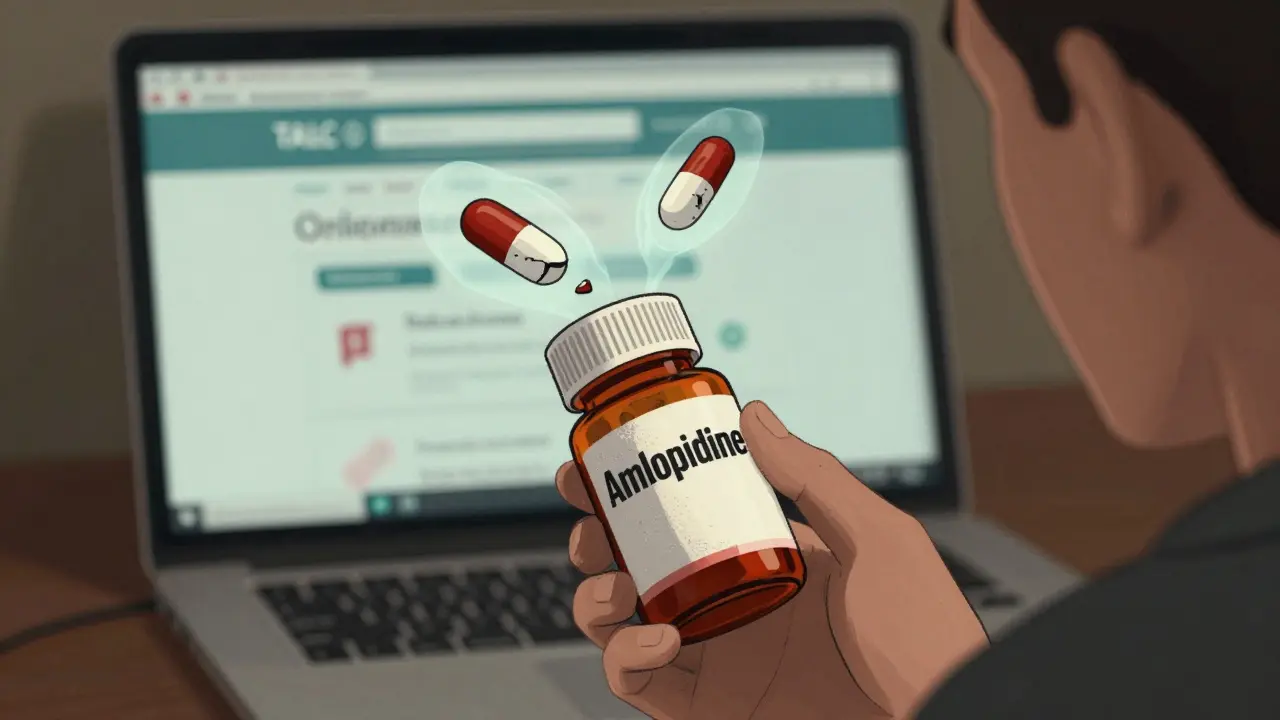Veterinary Medicine: What Every Pet Owner Should Know
Got a dog, cat, or even a rabbit at home? Knowing the basics of veterinary medicine can save you time, money, and a lot of worry. This guide breaks down the most common pet meds, when they’re used, and how to keep everything safe and effective.
Common Vet Medications and Their Uses
Vets prescribe a wide range of drugs, but most fall into a few easy categories. Antibiotics like amoxicillin tackle bacterial infections—think skin cuts, ear infections, or urinary tract problems. Anti‑inflammatories such as meloxicam or carprofen reduce pain and swelling after surgery or injuries. If your pet has parasites, you’ll see dewormers (e.g., pyrantel) and flea/tick preventatives (e.g., fipronil) on the prescription list.
For chronic issues, you might encounter heart meds (like enalapril) for dogs with valve disease, or thyroid pills (levothyroxine) for cats with hypothyroidism. Occasionally, vets will use human drugs off‑label—think insulin for diabetic pets or certain cancer drugs. When that happens, the dosage is usually much lower, so never guess; always follow the vet’s exact instructions.
How to Safely Buy and Store Animal Drugs
Buying pet medication online can be tempting, especially if you live far from a veterinary clinic. The safest route is to use a licensed pharmacy that requires a prescription. Look for clear contact details, a verified pharmacy license number, and reviews that mention prompt delivery and proper packaging.
Once you have the meds, store them exactly as the label says—most need a cool, dry place away from direct sunlight. Some eye drops or injectable solutions require refrigeration, so a small fridge in the garage works fine as long as you label it clearly. Keep all meds out of reach of children and other pets; a snack‑size bottle can become a serious hazard if a curious cat tips it over.
If you ever notice a change in your pet’s behavior after starting a new drug—vomiting, loss of appetite, or unusual lethargy—call the vet right away. Even over‑the‑counter supplements can interact with prescription meds, so always tell your vet about any herbal or vitamin products you’re giving.
Finally, don’t let old meds pile up. Most drugs lose potency after their expiration date, and some can become harmful. Properly discard them through a pharmacy take‑back program or follow local hazardous waste guidelines.
Whether you’re dealing with a simple ear infection or managing a chronic condition, understanding veterinary medicine helps you make smarter choices for your animal companions. Keep this guide handy, ask questions whenever you’re unsure, and you’ll give your pets the best chance at a healthy, happy life.





